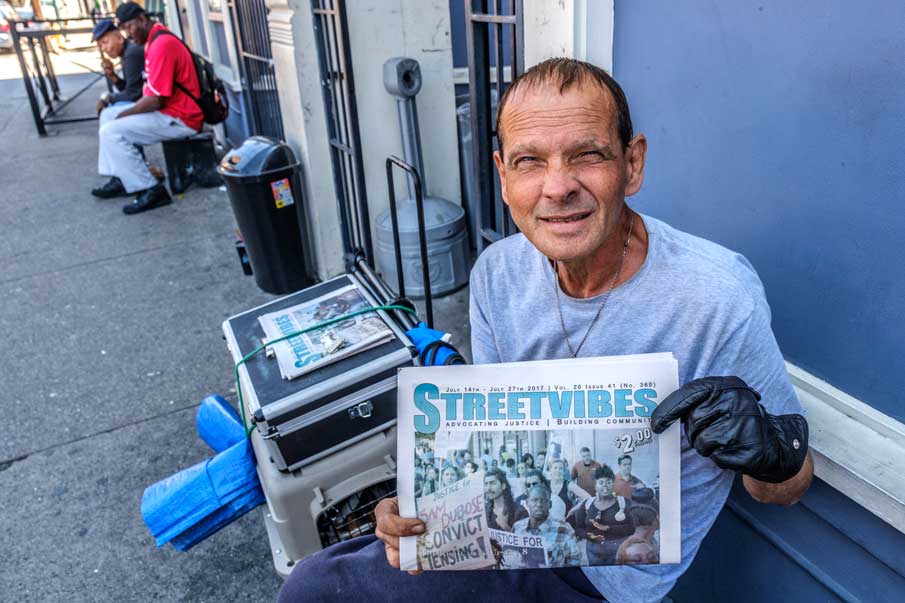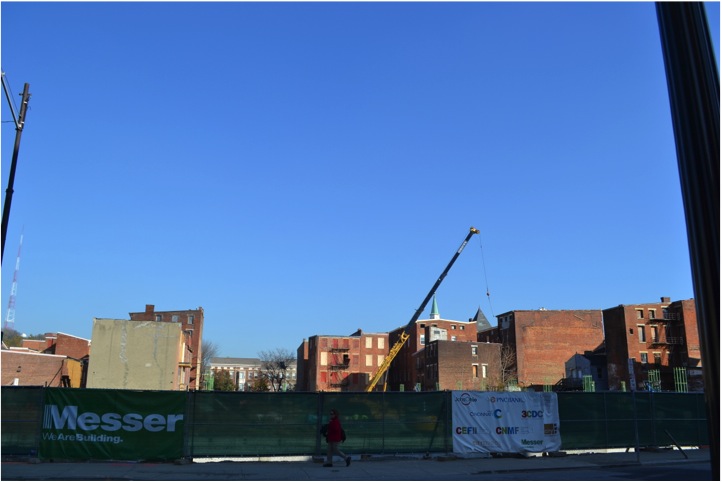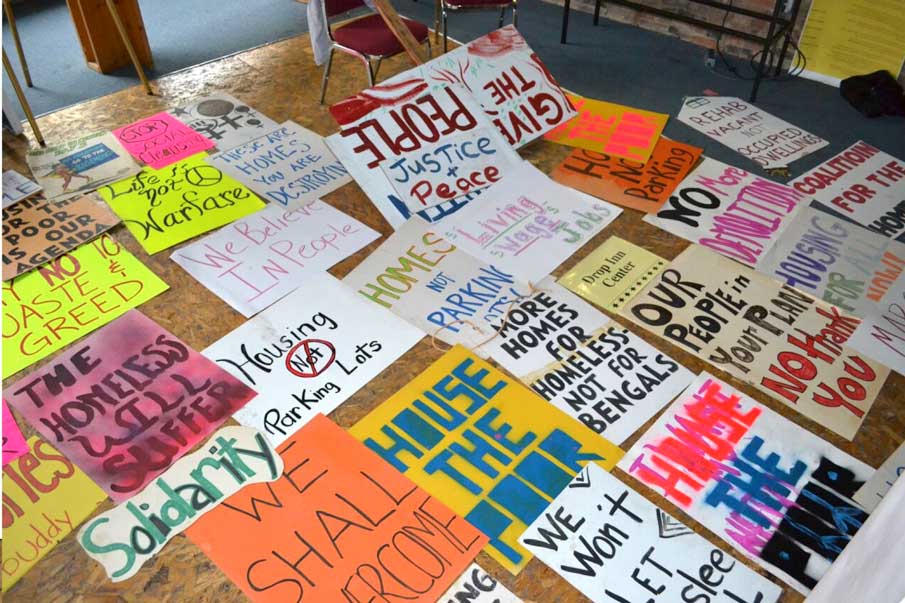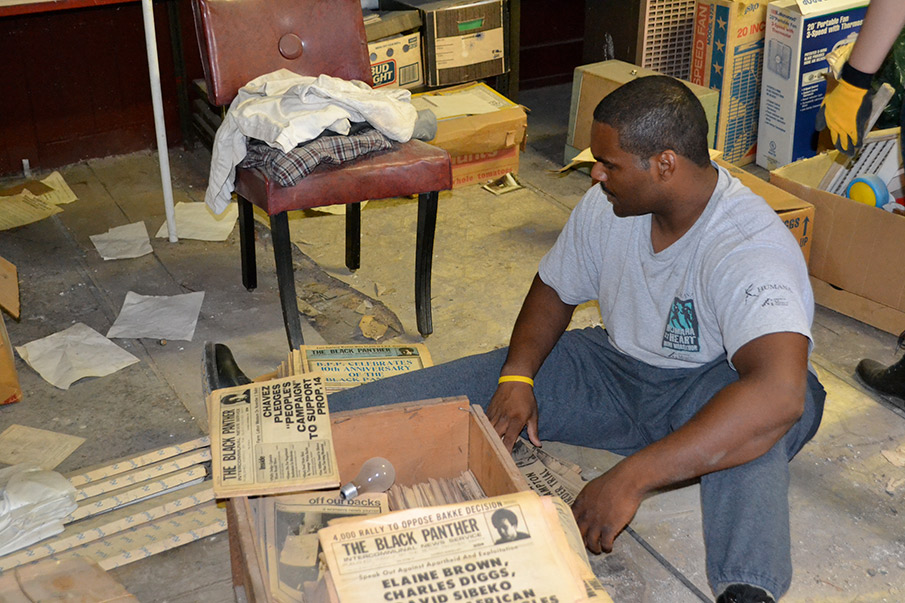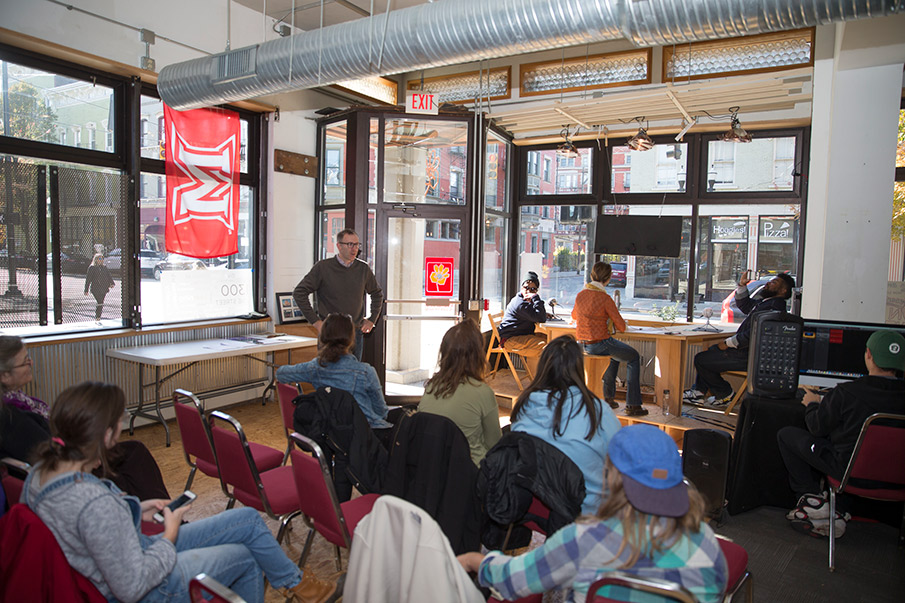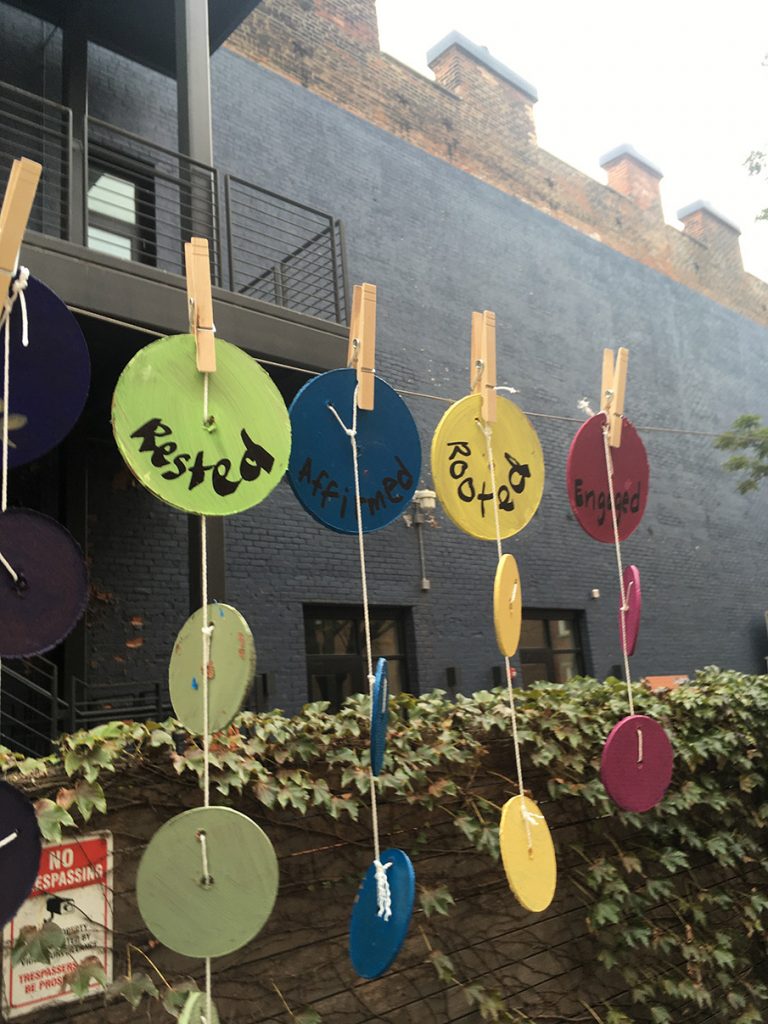The Center provides a community for faculty and students from a variety of disciplines to work collaboratively with neighborhood organizations and residents on common projects cultural and economic advancement. By providing such a setting, the Center creates opportunities for students, faculty, and community members—through the dialectic of research and social action—to share experiences about how the political system works, especially as it impacts the terrains of culture, education, architectural and artistic production, economic opportunity, and everyday life.
Equitable Development
The uniqueness of the Center for Community Engagement is its relationship with the Over-the-Rhine People’s Movement. In other words, it is a site for learning and knowledge production that intersects with the needs and demands of a social movement. The Center privileges human and ecological needs as leading priorities in urban development, and challenges the profit motive as the dominant arbiter in urban social policy.
Social Justice
The task of the Center is to set the conditions through which students (and faculty) can unravel and critique their experiences based upon the fact that they find themselves in social relations typically very different from what they know. Through this exposure to environments and issues that are beyond their familiarity, the intention is to transform personal learning and to break down social and racial stereotypes. Through a deeper engagement with other community learners who are often without economic opportunity, or access to adequate schooling, or political power, students and faculty can rethink their view of the world and how their disciplines and professions ought to be more forthright in addressing social issues.
Community Politics


